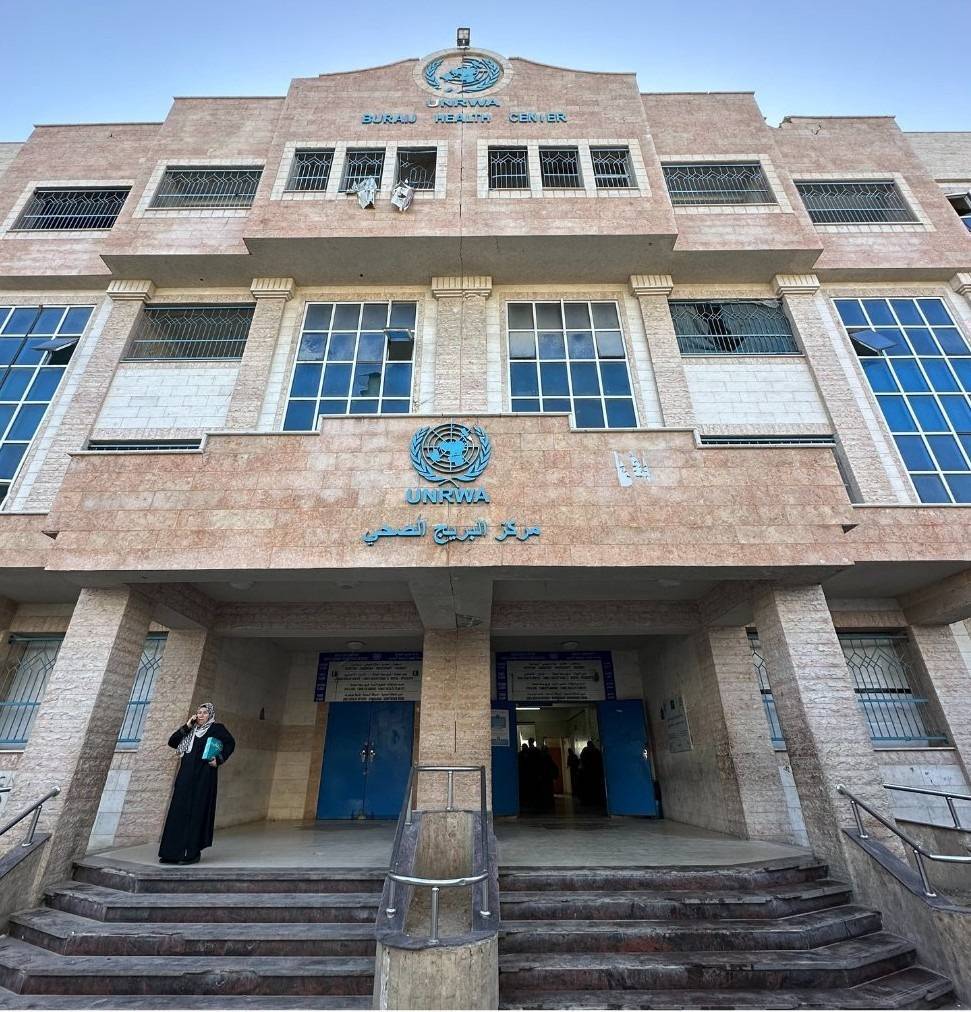Kuwait’s Ministry of Public Works will be changing the names of streets that hold the names of figures who are not heads of state.
The change will include Hassan al-Banna Street. Al-Banna is the founder of the Muslim Brotherhood and the street has carried his name for 50 years.
Numbers will replace names on the streets covered in the change.
The only figures approved to be used as street names are kings, sultans, princes, and heads of state. Otherwise, the street will be identified by numbers.
The prime minister has tasked the minister of public works to go ahead with the changes in line with a cabinet decree.
Hassan al-Banna Street is located in the Rumaithiya area, a suburb of Kuwait City.
Al-Banna (1906-1949) was the founder and spiritual guide of the Muslim Brotherhood that was formed in 1928. He became its spiritual guide and editor-in-chief of its first newspaper, which was issued in 1933.
Over the years, al-Banna became a religious and political leader, saying religion was a form of “political ideology”. He called for “Islamizing” the state, rejecting the concept of modern nationalism and Arab nationalism.
Al-Banna oversaw the formation of the Brotherhood’s secret military wing. The wing was accused of the assassination of Egyptian Prime Minister Mahmoud Fahmi al-Nokrashy in 1948 after he ordered the dissolution of the Brotherhood, the confiscation of its assets and arrest of nearly all of its members, save for al-Banna.
In wake of the assassination, the government ordered a crackdown on the Brotherhood, culminating in al-Banna's assassination on February 12, 1949.
Kuwait is home to the Social Reform Society, a branch of the Brotherhood, and its political arm, the Islamic Constitutional Movement.
The Kuwaiti branch of the Brotherhood was formed in the 1940s. It set up its first headquarters in Kuwait in 1947 and the Islamic Guidance Society in 1952. Religious scholar Youssef al-Qinai became head of the society.
The naming of a street after Hassan al-Banna has always been a source of contention in Kuwait.
In 2020, Kuwaiti journalist Ahmad al-Sarraf wrote in al-Qabas: “The Muslim Brotherhood believed in violence as a means to reach power if it could not attain it through other ways.”
“Few researchers would argue that the Muslim Brotherhood led to the establishment of several extremist organizations and movements, such as the al-Qaeda, ISIS and others,” he added.
He wrote of how “odd it was for Kuwait to continue to embrace the Brotherhood this strongly” and to show “leniency” towards its members and “turn a blind eye to and even sympathize” with it. “It even went so far as to name one of the major streets in Rumaithiya after its founder,” he noted.
Streets of Kuwait are often named after notable historical figures, philosophers, historians, and military and religious leaders. Researchers have often wondered why streets have not been named after notable Kuwaiti figures, such as its martyrs, scientists, athletes and poets.
Streets across the country have been named after prominent Arab figures, such as Ibn al-Rumi, Ibn Sina, Ibn Abbas, al-Ahnaf, al-Bukhari, al-Bakri, Haroun al-Rashid and many others, reflecting Kuwait’s openness to Arab civilization and history. With the new government decree in place, these names will be replaced with numbers.











